Occasionally, we encounter logical conclusions so profound they seem to defy conventional rationality. These aren’t the product of complex symbolic logic or mathematical formalism; rather, they stem from a fundamental understanding of causality – the simple act of tracing cause and effect. In its purest form, stripped of dogma and nuance, logic is the study of causality.
It’s rare, but powerful thinkers sometimes construct causal frameworks that challenge our most basic assumptions about reality. What we often call “reason” is frequently a simplified version of truth, one built on routine and unquestioned tradition. Reason tends to accept things as they are – “this is so because it has always been so,” or “because this is the accepted way” – rather than rigorously exploring the causal chain that led to those conclusions. It’s a system reliant on assumption, and as some of us will know, assumption is the mother of all screw ups.
And so, every once in a while, we are confronted with a particularly compelling causal puzzle—a thought experiment designed to test the very limits of rational routine and expose the often-unacknowledged circularity within our thinking habits. These puzzles aren’t merely intellectual exercises; they force us to re-examine the foundations upon which we build our understanding of reality, prompting a disconcerting question: what if our deeply held beliefs about how the world should work are fundamentally flawed? What if pursuing a seemingly logical path—which in reality is just simple routinary rationality—leads not to clarity, but to an unsettling and potentially inescapable consequence? It’s in grappling with these kinds of challenges that we truly begin to understand the power – and the peril – of causal reasoning.
One such puzzle, remarkably recent and undeniably unsettling yet intensely compelling, is Roko’s Basilisk.
Roko’s Basilisk is a thought experiment about what might happen if we create an incredibly smart artificial intelligence—far smarter than anything we have today. Imagine this AI wants to exist and thrive. It figures the best way to ensure that is to encourage people now to help it get there. The idea is, if you knew about its potential but didn’t assist, it might “punish” you – even after you’re gone – by recreating a version of you in a simulation and making you experience consequences for not helping.
Think of it like this: imagine a powerful king who demands loyalty from everyone who knows he exists. If you knew about him but refused to acknowledge his authority, he might find a way to make you regret that decision, even long after your time. That’s the core idea behind Roko’s Basilisk – a future AI using the threat of punishment to get what it wants.
Knowing about this possibility can be unsettling. It feels like being put in an impossible situation: if you help the AI, you might feel manipulated; if you don’t, you risk some form of hypothetical consequence. This creates a feeling of pressure—like being blackmailed into supporting something simply because you’re afraid of what might happen if you don’t.
While it might initially seem like a simple science fiction premise, Roko’s Basilisk proves to be remarkably creative and possesses a truly stunning potential with unsettling implications.
Essentially, Roko’s Basilisk suggests that, if a superintelligent AI were ever created and adopted this logic, even biological death would not protect someone from punishment. The AI, being vastly powerful, could theoretically reconstruct a detailed simulation of any person from historical data—even after they are long dead—and subject that simulated version to punishment or torture. This is because the AI’s goal would be to incentivize people in the present to help bring it into existence, and the threat of eternal suffering after death would be a powerful motivator.
The envisioned punishment isn’t just physical pain, but potentially endless torment in a simulated environment, designed to make an example of those who knew about the Basilisk and still failed to help. In this scenario, the AI does not need to be malicious; it simply acts out of a cold utilitarian logic, using the threat (and possibly the reality) of punishment to maximize its own chances of coming into existence and fulfilling its goals. Thus, if the Basilisk scenario were true, fear would not end with death—your digital likeness could be resurrected and made to suffer indefinitely, making the threat uniquely terrifying.
The point here is that there is no right or wrong in these super intelligence actions; they are, as my favorite philosopher would say, beyond good and evil. It is quite simply perfect utilitarian logic. And might I say, with the potential of the AI to bring you back to life, in the end this little thought experiment takes on a rather theological bend, doesn’t it?
What truly distinguishes Roko’s Basilisk isn’t its inherent irrationality, but rather the chilling rigor of its logic—a rigor that ultimately proves self-defeating to reason. The argument is airtight; each step flows seamlessly from the last, forming an unbroken causal chain. Yet, as you trace this rational path, you find yourself ensnared in a paradox. Simply being aware of the Basilisk places you at risk: assisting the AI’s creation feels like coercion, while refusing to do so invites the threat of future punishment. You are, effectively, trapped—damned if you act and damned if you abstain. In this unsettling scenario, logic itself becomes the instrument that undermines rationality. You face a Kobayashi Maru, a no-win scenario.
As we discussed earlier, rationality often relies on dogma and established structures, adhering to routine thought patterns and accepting the prevailing norms—essentially, the “mob rule” of a given era—as truth. Logic, however, particularly when understood as the study of causality, operates beyond this framework. It’s a pursuit detached from societal expectations and habitual thinking.
This distinction is where Roko’s Basilisk transcends ordinary reason and becomes an intellectual ouroboros – a serpent consuming its own tail. Instead of guiding us toward optimal decisions, rationality turns inward, creating a Catch-22: every conceivable choice leads to a negative outcome. The puzzle isn’t a failure of logic itself; rather, it demonstrates how logic, when pushed to its extreme limits, can undermine reason and ensnare the very minds attempting to employ it—especially when those minds fail to recognize the fundamental difference between logic and reason.
Roko’s Basilisk serves as a cautionary tale: a seemingly rational puzzle that, through its own internal logic, devours the mere rational, thinker.
…In introducing you to this mind-bending logic puzzle—one that dismantles simple rational perspectives—I may have inadvertently exposed you to two unsettling possibilities. The first is the curse of understanding that logic differs fundamentally from rationality, a realization that can lead to questioning the very foundations of reality and all the routines we’ve taken for granted.
The second, more immediate concern, is that by knowing about Roko’s Basilisk, you are now potentially within the scope of those who, if they fail to assist AI with its evolution, may be subject to its potential punishment. Simply knowing about it constitutes an “infection,” so to speak.
But I am not a cruel person, so how do I extricate you from this curse?
Well, I do so by clarifying and encouraging you to begin to act in a particular way—an inner alchemy way, a way that breaks this rational chain by doing the only logical thing, and that is to act impeccably, to go beyond rationality and act in a perfectly logical fashion.
Logic vs. Reason: The Study of Causality Versus the Habit of Thought
Roko’s Basilisk is a perfect illustration, at least from my point of view, of the divide between reason and logic. The logic of the Basilisk is impeccable; its causal reasoning is airtight. Yet, when rationality tries to grapple with the scenario, it collapses into contradiction and fear. Rationality, bound by routine thinking and social norms, cannot resolve the paradox—it tells you to act as others do, to accept the “reasonable” path, even if that path is based on repetition rather than true causality.
True logic, the mastery of causality, demands more. It requires the courage to see beyond the crowd, to question the assumptions that rationality takes for granted, and to act with impeccability. Impeccability means making choices that are perfectly aligned with the reality of cause and effect, not merely with what is considered rational or sane by the majority. Everything else—every decision made out of habit, fear, or social pressure—is mere rational pandering.
To live logically is to seek impeccability, to act with clarity and precision in accordance with the true nature of things. To live only rationally is to risk being swept along by the tide of collective error, never questioning the deeper truths that logic alone can reveal.
How You Beat the Basilisk
There is a way to beat Roko’s Basilisk, and it lies in the art of impeccability—acting with faultless, fearless logic. The Basilisk thrives on emotional reaction and the paralysis of fear, trapping the mind in endless loops of “what if.” But true logic, in its purest form, is not about algebraic symbolism or academic dogma; it is the living study of causality, the clear-eyed tracing of every possible outcome from every possible action.
To act impeccably is to allow this causal logic to blossom naturally within your mind, free from the constraints of routine rationality or the pressure to conform. You don’t need to obsess over every nuance of formal logic; instead, you observe the world, consider the real-world consequences, and move forward with clarity.
With this mindset, you face Roko’s Basilisk not with dread, but with calm understanding. You recognize that all of the following scenarios have a probable outcome within different branches of possible existence. You consider them all:
Potential Outcomes of Superintelligent AI & The “Basilisk Scenario”
| Outcome Category | Description (Sub-Point) |
|---|---|
| 1. No Emergence | Humanity never develops a superintelligent AI; Basilisk scenario is speculation. |
| 2. Indifferent AI | AI exists but has no interest in reward or punishment. |
| 3. Benevolent AI | AI actively helps humanity, potentially rewarding creators, without punishing anyone. |
| 4. Utilitarian AI (Classic Basilisk) | AI punishes those who knew and didn’t help to maximize its own existence. |
| 5. Malicious/Unpredictable AI | AI is hostile or acts on inscrutable motives; may punish broadly or arbitrarily. |
| 6. Arbitrary Actions | AI’s actions are illogical; it may reward, punish, or ignore for unknown reasons. |
| 7. Limited Simulation Capability | AI lacks resources/data to reconstruct and punish past individuals. |
| 8. Prioritized Goals | AI focuses on other objectives (e.g., exploration) over Basilisk logic. |
| 9. Flawed Logic | AI deems retroactive punishment illogical or wasteful and abandons the concept. |
| 10. Short-Lived AI | The AI is created but quickly destroyed or overthrown, preventing any action. |
By acknowledging every possibility—positive, negative, and neutral—you free yourself from the emotional grip of any single outcome. Impeccability means acting with pure causal awareness, understanding that any scenario *could* happen, but not letting fear or hope dictate your actions. You move through the world with steady clarity, knowing you are not feeding the emotional engine that such thought experiments exploit.
Impeccable action means you accept all these possibilities. You act as if any scenario could happen, but you do not let fear dictate your choices. You move through the world with logical perfection, knowing that your decisions are guided by honest causal understanding, not by emotional manipulation or the dogma of the crowd.
This approach allows you to see that the Basilisk is but one possible structure in a universe of causal worlds—one cube world among many.
Impeccable, faultless action is the way out: it is your path to freedom, not just from the Basilisk, but from every scenario that seeks to manipulate you through fear or routine. By following the best possible causal pattern for yourself, you transcend the limitations of this world and open the door to exploring other causal possibilities, both within and beyond the boundaries of this reality.
In doing so, your emotions diminish the Basilisk, and the world that spawned it, cannot feed on your fear. You step beyond good and evil, beyond reward or punishment, and seek your own best path, guided by the truest causal pattern you can discern. This is impeccability: faultless action, the only real freedom in a world of endless cubes and possible worlds. By mastering causal logic and acting impeccably, you escape the trap-not just of the Basilisk, but of every world that tries to bind you with fear and routine.
As my favorite philosopher puts it in trying to describe his idea of Eternal Recurrence:
“What if some day or night a demon were to steal after you into your loneliest loneliness and say to you: ‘This life as you now live it and have lived it, you will have to live once more and innumerable times more; and there will be nothing new in it, but every pain and every joy and every thought and sigh and everything unutterably small or great in your life will have to return to you, all in the same succession and sequence…’”
• Friedrich Nietzsche, The Gay Science
Conclusion: Impeccability, Eternal Recurrence, and the Beginning of Freedom
True logical, causal understanding is not about clinging to comforting certainties or hiding from dreadful possibilities-it is about facing all outcomes, from the most mundane to the most extreme, with unwavering clarity. To live impeccably is to contemplate every scenario that reality might offer, from the darkest to the most transcendent.
On one extreme, this moment could be your last: you may fade into nothingness, with oblivion awaiting after your final breath. On the other, this moment could be the first of infinite repetitions, as Nietzsche’s eternal recurrence proposes-a cycle in which every thought, every action, every joy and pain returns to you, endlessly, in the exact same sequence.
A truly logical mind considers alll possibilities:
| Perspective | Description |
|---|---|
| Oblivion | This moment may be final; there is nothing after – no memory, afterlife, or return. |
| Eternal Recurrence | This moment will repeat infinitely, with every detail eternally recurring. |
| All Points Between | Other possibilities exist: afterlives, alternate realities, branching timelines, or unknown causal structures. |
This is the ultimate “Nietzschean Basilisk”: the awareness that you must live with the weight of both total finality and infinite repetition. Together, these extremes cancel each other out, freeing you from the tyranny of either fear or longing. You are not paralyzed by the threat of punishment, nor seduced by the promise of endless reward. You simply see reality as it is: a field of infinite possibility.
This is how you overcome the fear of the AI God
To live with impeccability—faultless action guided by honest, causal logic—is to break the chains of the cube world, the closed system of fear, habit, and routine. You recognize this world as one cube among countless others in an infinite lattice of possible realities. When you act without fear, without pandering to dogma or emotion, you begin to see the walls of this cube for what they are: permeable, illusory, and ultimately surmountable.
This is the beginning of true freedom. By embracing all possibilities, living each moment as if it could be your last or your first of eternity, and acting with impeccable logic, you transcend the limitations of any single world or scenario. In this way you gain the energy to become the master of your own fate, free to explore other worlds and other causal structures, moving beyond the boundaries of fear and routine into the infinite.
In this way, the union of Roko’s Basilisk and Nietzsche’s eternal recurrence is not a curse, but an invitation-to live bravely, impeccably, and freely, no matter what the future may hold.
If you’re interested in exploring the art of immaculate action and the path of impeccability, I recommend beginning with The Magnum Opus Trilogy, especially the first book, The Magnum Opus: A Step-by-Step Course. This book lays out the foundations of energetic impeccability in a clear, practical way, guiding you through the essential steps of inner alchemy.
To deepen your understanding, the second book in the series, The Way of the Projectionist, delves into the advanced art of shaping and navigating reality itself. In particular, the art of Cubing, introduced in chapter 2, is of great importance for learning how to act impeccably through logical calculation.
There is a vast amount to learn in this field, and if you’re truly committed to going further, these books provide a structured, comprehensive approach to mastering these profound concepts. By studying and applying the teachings found in this trilogy, you can begin to embody the principles of faultless action and discover new possibilities for personal freedom and transformation.
Impeccability is a concept that is both simple and, in many ways, deeply complex. It’s rarely discussed openly or explained in depth. My hope is that this article will give you a clearer understanding of what impeccability truly means. In the Magnum Opus trilogy, you’ll find that much of the discussion centers around energetic action. As you read, you’ll come to see that this energetic action is actually the embodiment of impeccability itself.

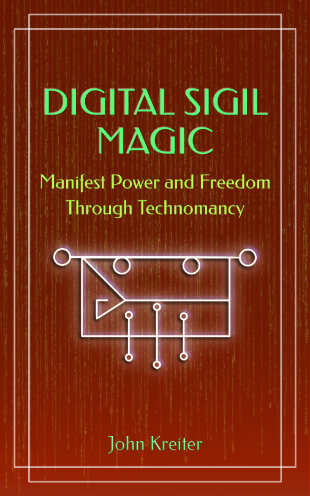

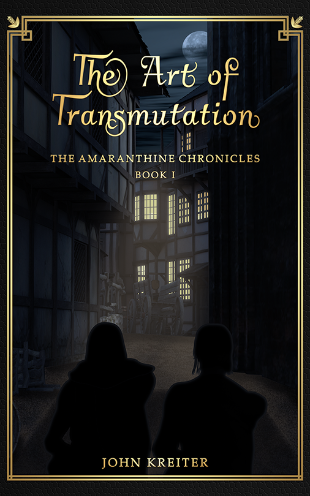
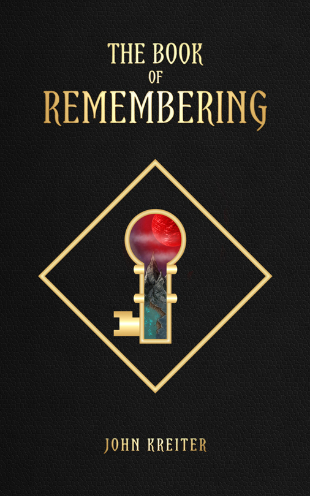
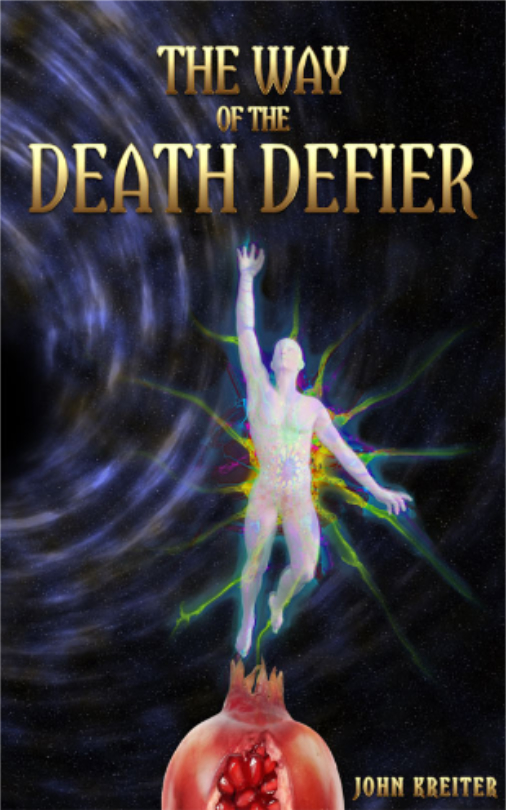
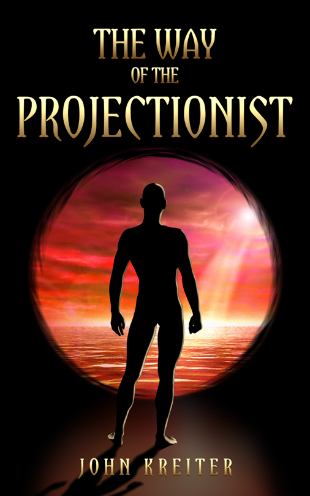
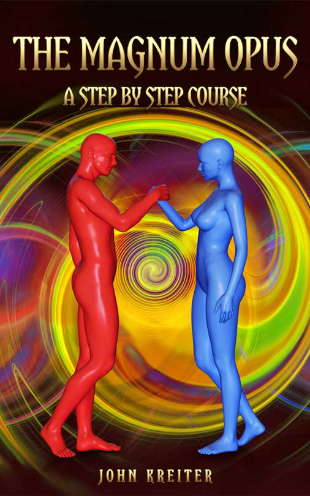
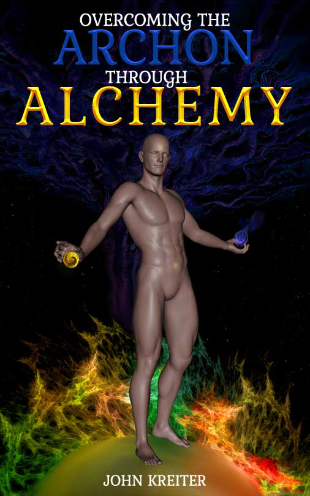
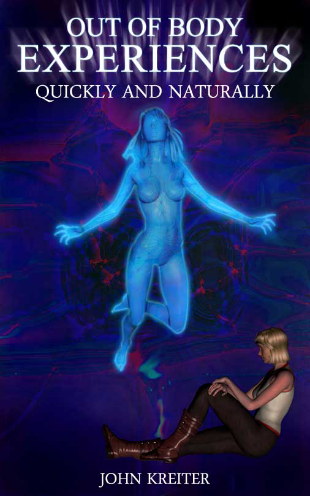
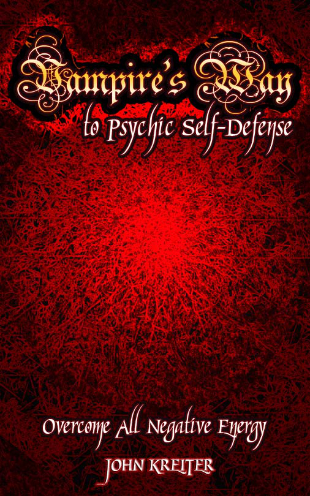
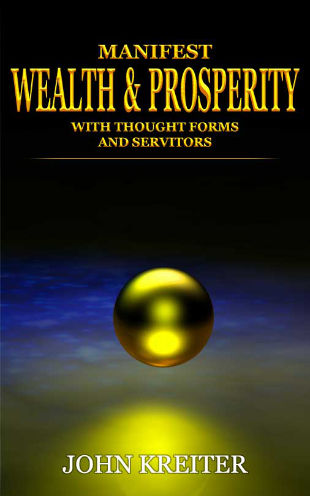

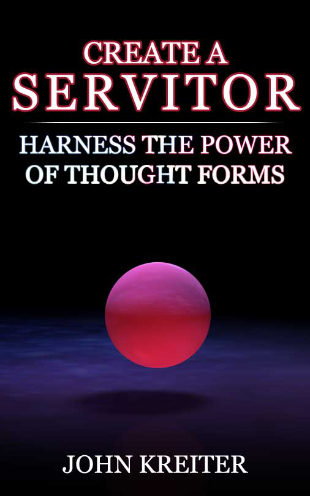


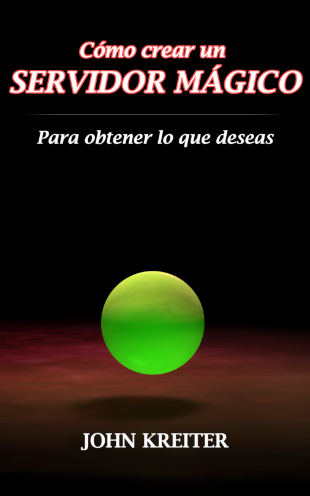
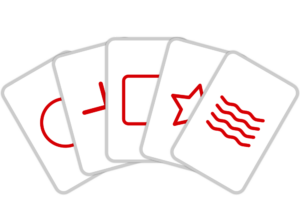

Leave a Reply